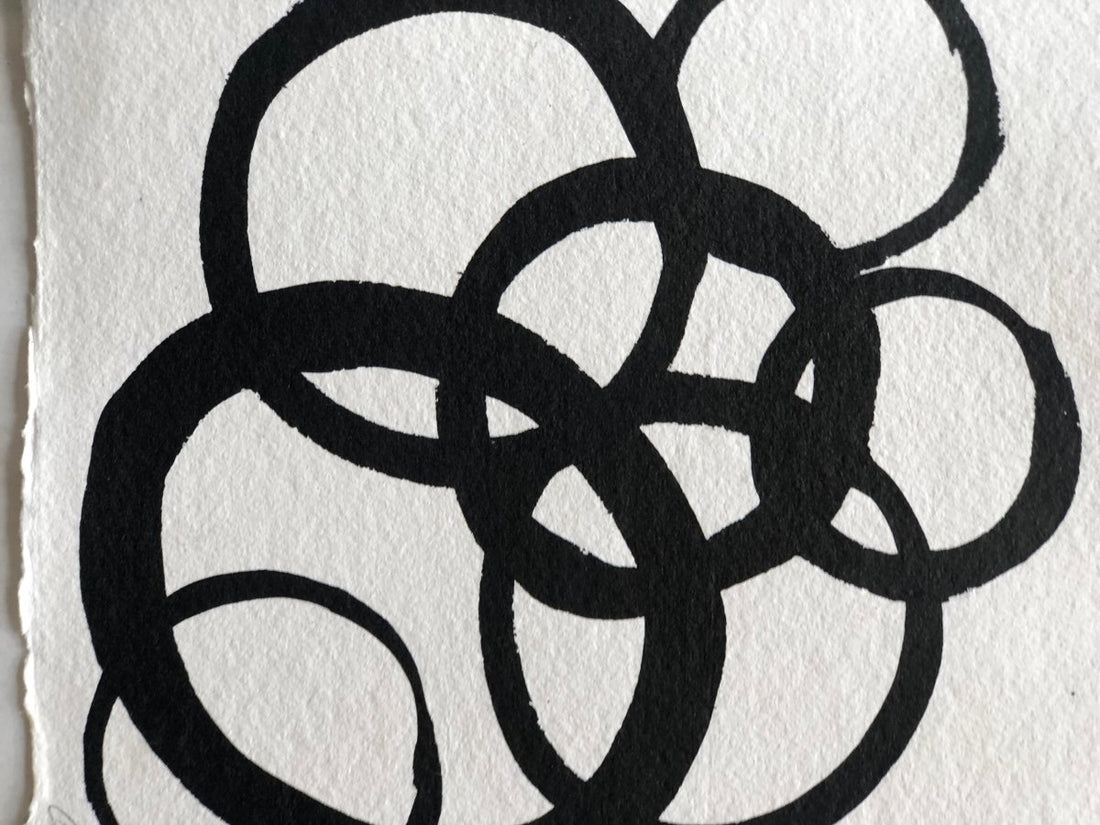“I think of mythology as the homeland of the muses, the inspirers of art, the inspirers of poetry. To see life as a poem and yourself participating in a poem is what the myth does for you.” - Joseph Campbell
I was in my twenties when I first encountered The Power of Myth, a series originally broadcast on PBS. I remember being enraptured by the conversation between mythologist Joseph Campbell and journalist Bill Moyers, imbibing words that resonated with me deeply, a call and response that articulated the mystical, a particular point of view on spirituality and the sacred. They spoke of ancient lineages and the myths that live in us, stories, symbols and archetypes that shape our understanding of the world, of the divine, as mirrors to our individual and collective journeys.
Myth helps us make meaning of our lives. It gives us a language to define the ineffable. In our modern lives, with all the distractions and to-dos, we don't always allow the stillness that is required to recognize these myths as clearly as ancient cultures once did. Yet they are there, invitations quietly waiting for each of us to meet and know ourselves more fully, to recognize not what we came here to do, but what we came here for.
“The privilege of a lifetime is being who you are.”
Myths are maps of the human soul. An ancient cartography for our personal journey, a compass that points us towards truths that we must uncover for ourselves, often alone and sometimes lonely, and to bring back as a contribution to the collective, an offering of our gifts, as we venture out into the wilderness of life and return to our metaphorical and geographical homes. Along the path of what Joseph Campbell calls “the hero's journey” we confront our innermost demons, our doubts and fears. We gather strength and wisdom from trials that test our spirit, struggles that shape our continuous becoming, acting as teachings that show us how to peel away the layers of society's cloaking so we can become more of who we are truly meant to be, and the gifts we have been given to share with the world we inhabit, be it large or small.
Do you know what you came here not to do, but what you came here for?
Do you know who you are?
The answer to these questiosns are not meant to answered in a single static moment, to be defined with our logical mind. It will change and evolve over time, as we shed past selves and rearrange the fragments of our various experiences, as we finally give ourselves permission to be who we are, what we came her for, and weave ourselves, those gifts and our unique offerings, into the tapestry of the collective, the circle and it's circumference, into a cohesive whole.
X Alisa

